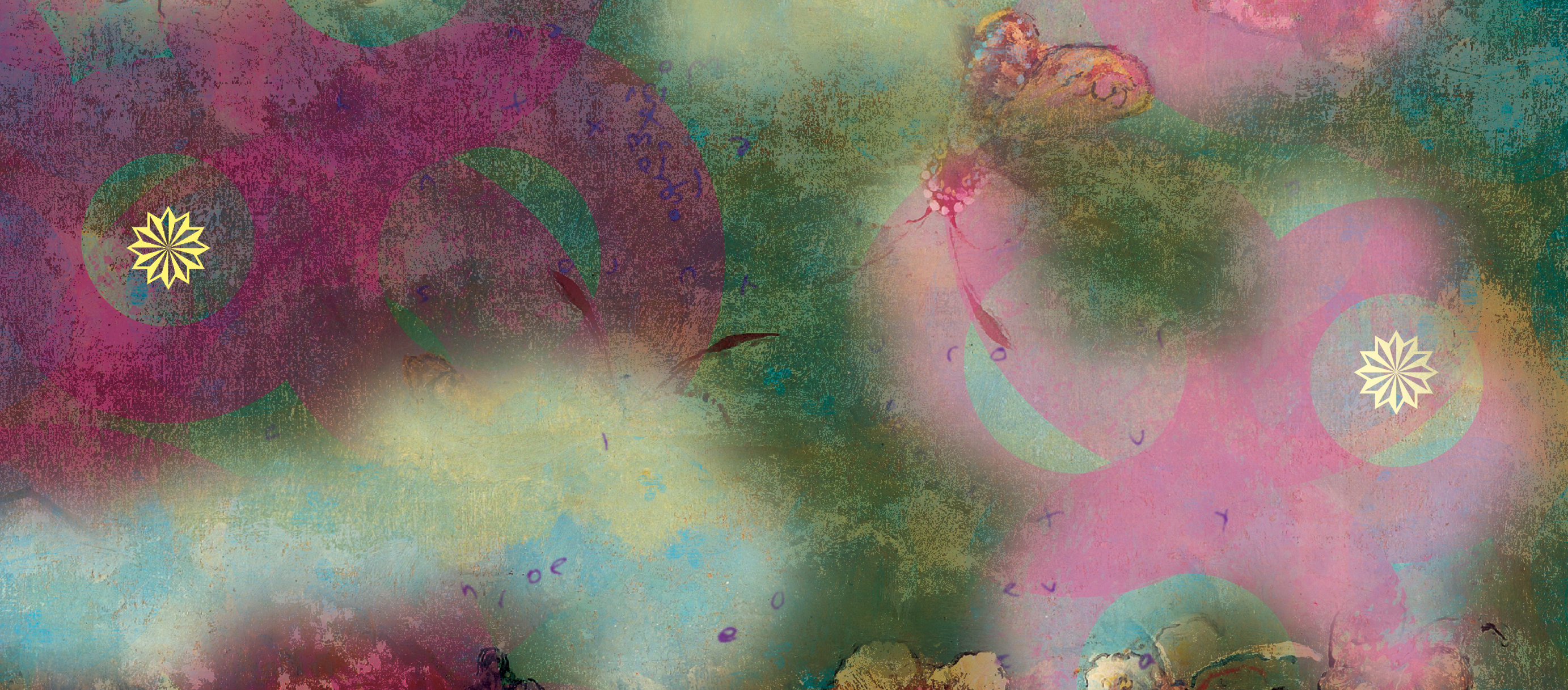Sekhar Bandyopadhyay, a specialist on the history of modern India, has written extensively on the meanings and complexities of India’s experience of transition from colonial to the post-colonial period. What freedom actually meant to various individuals, communities and political parties, how they responded to it, how they extended its meaning and how in their anxiety to confront the realities of free India, they began to invent new enemies of their newly acquired freedom.
On Wednesday, 9 December 2020 at 11 a.m. IST, in a live online session, Professor Bandyopadhyay will be taking pre-submitted questions from teachers across schools based on his most recent talk titled Decolonization: Change and Continuity delivered on the Karwaan: The Heritage Exploration Initiative platform. Last date for submitting questions: 3 December 2020. We invite you to view the talk here: https://www.youtube.com/watch?v=MOGXgFkTSOI&t=3644s
and submit your questions here: https://forms.gle/HB448qw5PiDnHDMW7
Sekhar Bandyopadhyay is a professor and Director at New Zealand India Research Institute. Sekhar Bandyopadhyay has published several books and many articles in his field. Caste, Culture and Hegemony: Social Dominance in Colonial Bengal, Caste, Protest and Identity in Colonial India: The Namasudras of Bengal 1872-1947 and Caste, Politics and The Raj: Bengal 1872-1937 are his other books. In 1992 he joined Victoria University, where he has been Deputy Dean and an Associate Dean (Research) in the Faculty of Humanities and Social Sciences. Before coming to Victoria he taught at University of Calcutta and Kalyani University in India. Educated at Presidency College and University of Calcutta, Professor Bandyopadhyay’s primary research interest is in the history of nationalism and caste system in colonial and postcolonial India. He is also interested in the history of Indian migration and the Indian Diaspora. In 2014 for his book Decolonization in South Asia he was awarded the Rabindra Smriti Puroskar (Rabindranath Tagore Prize) by the Government of West Bengal. Professor Bandyopadhyay is an Inaugural Fellow of the New Zealand Academy of Humanities and a Fellow of the Royal Society of New Zealand. He has been a visiting fellow at University of Chicago, Australian National University, National University of Singapore, School of Oriental and African Studies (U of London), International Institute of Asian Studies (Leiden), Curtin University of Technology, University of Calcutta and Rabindra Bharati University (India). He is Associate Editor of the New Zealand Journal of Asian Studies.





Comments